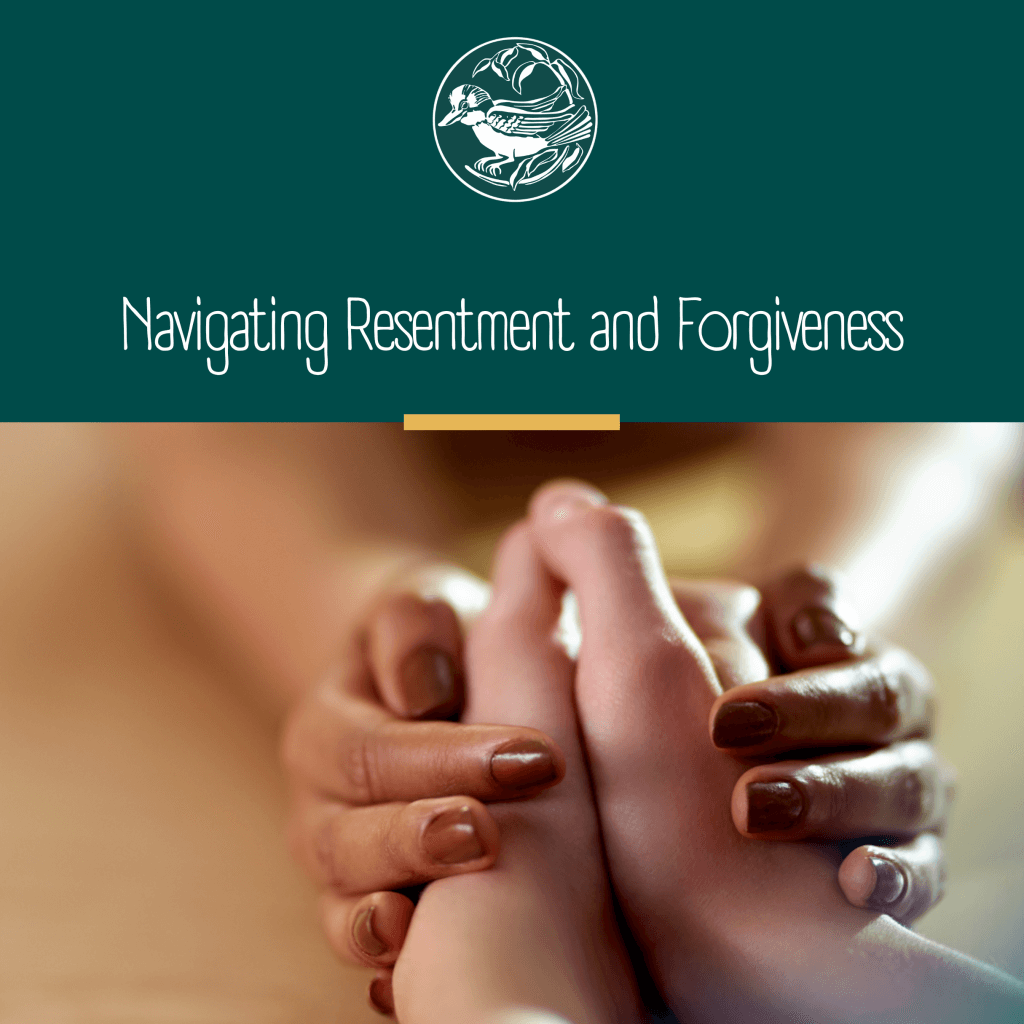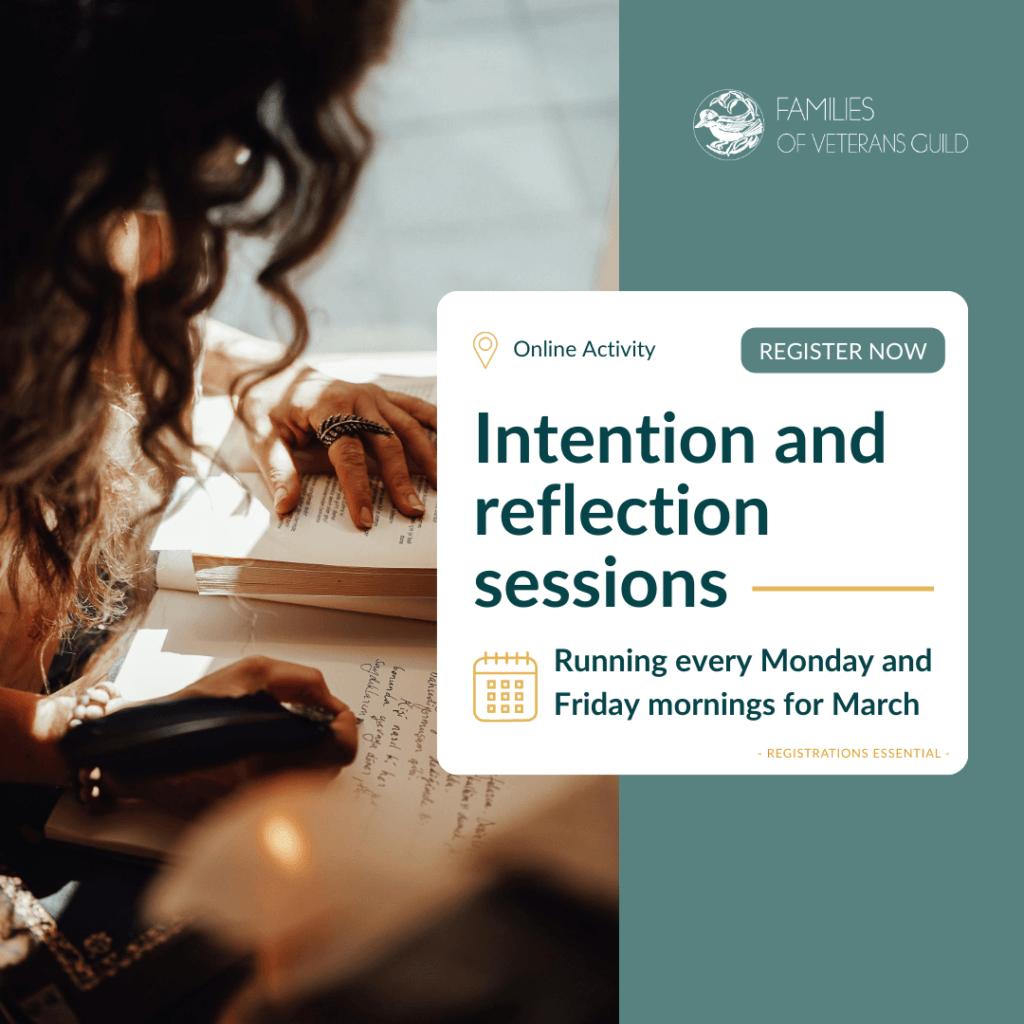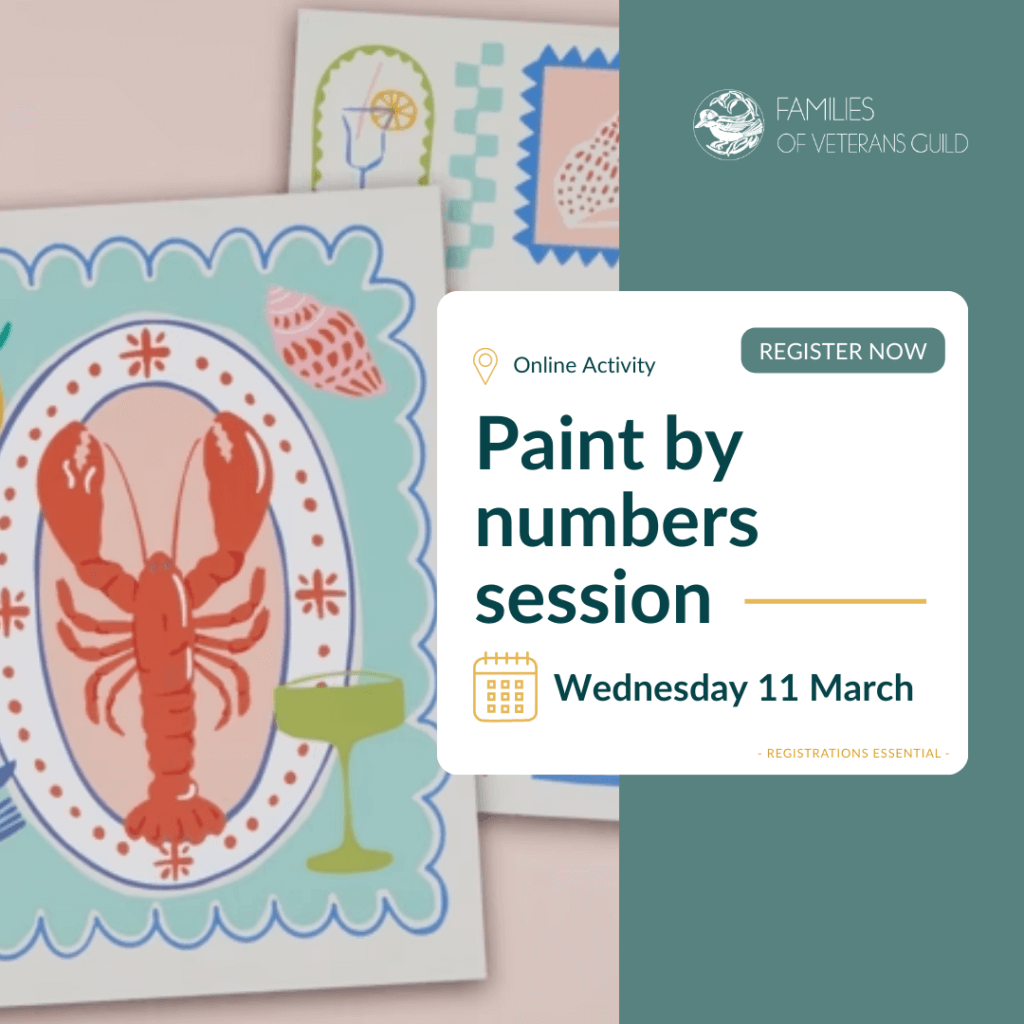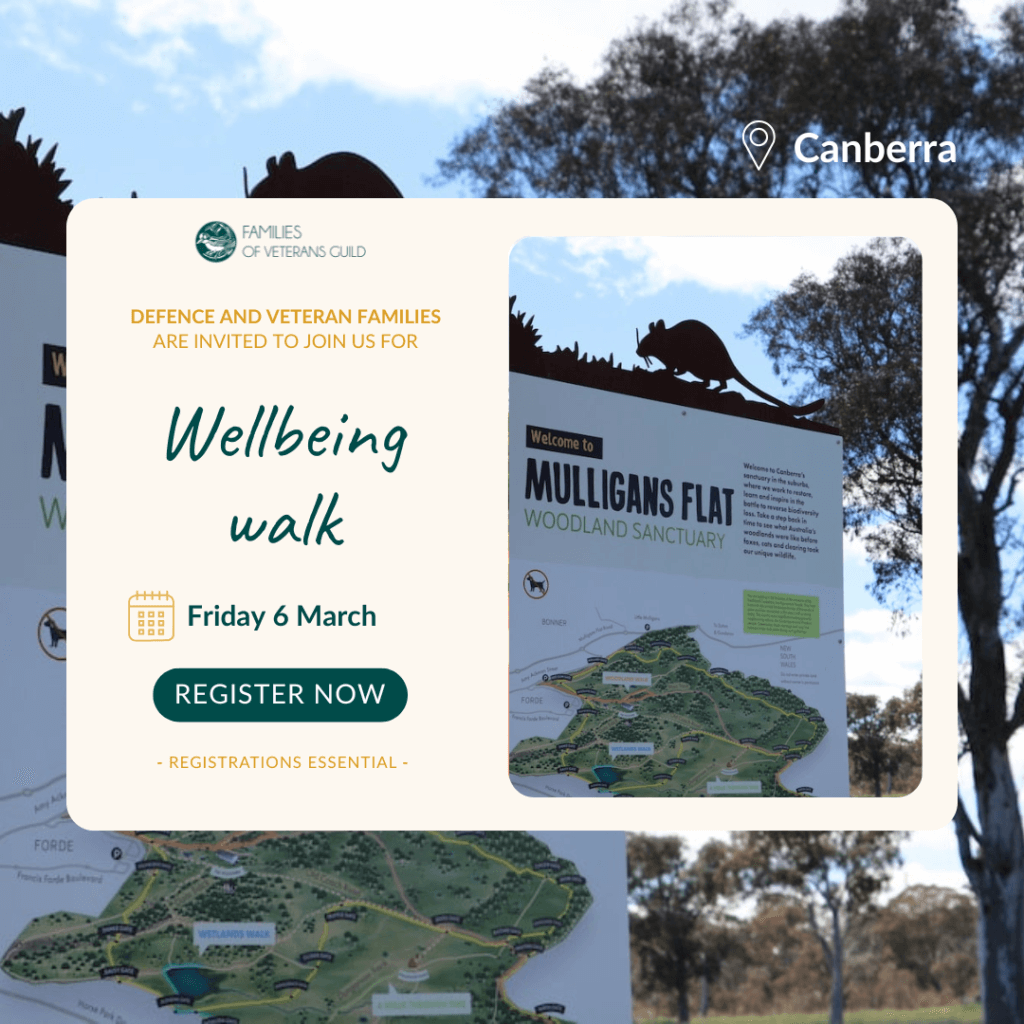A guide to understanding resentment for families impacted by defence service
Veteran families face unique challenges due to the demands of military life, which often leads to feelings of resentment. Resentment can arise from experiences of frequent relocations, prolonged absences, limited support systems, career and financial sacrifices, increased caregiving responsibilities, and a lack of recognition.
Over time, unresolved resentment can take a heavy toll on emotional, mental, physical health and wellbeing, fostering bitterness, eroding trust and impeding personal growth.
Resentment can trap individuals in cycles of anger and hurt, causing more harm to the person feeling resentful than to the intended target of their frustration. So what can we do when we notice resentment taking over? We can choose to forgive.
Why forgiveness matters
Forgiveness offers a powerful way to release resentment and reclaim peace. It is not about excusing poor behaviour or denying pain, but rather about letting go of the emotional hold resentment has on us. The journey from resentment to forgiveness is personal and can require support from family, friends, or professionals. Choosing to forgive involves practical and emotional steps that help you release resentment.
Practical steps towards forgiveness
Reflect on the decision
Acknowledge the hurt and be honest about what happened and how it made you feel. Naming these emotions is the first step to understanding them. Recognise the impact Resentment doesn’t just linger in the mind, it affects your overall wellbeing. Reflect on how anger may be holding you back.
Shift your perspective
Humanise the offender and consider the context of their actions, recognising their flaws and circumstances without excusing the behaviour. Focus on growth, view the experience as an opportunity to learn and grow emotionally.
Release the pain
Let go of control and accept that the past cannot be changed, and neither can the actions of others. Release expectations, forgive even in the absence of apologies or attempts to make amends.
Take action
Express yourself and write a letter or talk to someone you trust to process your emotions. Even unsent letters can be therapeutic. Visualise freedom, picture yourself cutting emotional ties with the pain or the person who caused it.
Practice forgiveness daily
Affirm your choice and repeat affirmations like, “I choose to forgive for my own peace.” Be patient, forgiveness is a journey that may require revisiting and reinforcing over time.
Reclaiming peace through forgiveness
For war widows and defence families, forgiveness is an act of self-compassion and empowerment. It allows you to focus on the present and future, rather than remaining tethered to past pain. By choosing to forgive, you’re prioritising your emotional freedom and wellbeing.
Take the first step today, whether it’s reflecting on your feelings, reaching out for support or simply deciding to forgive for your own peace. You deserve it.




